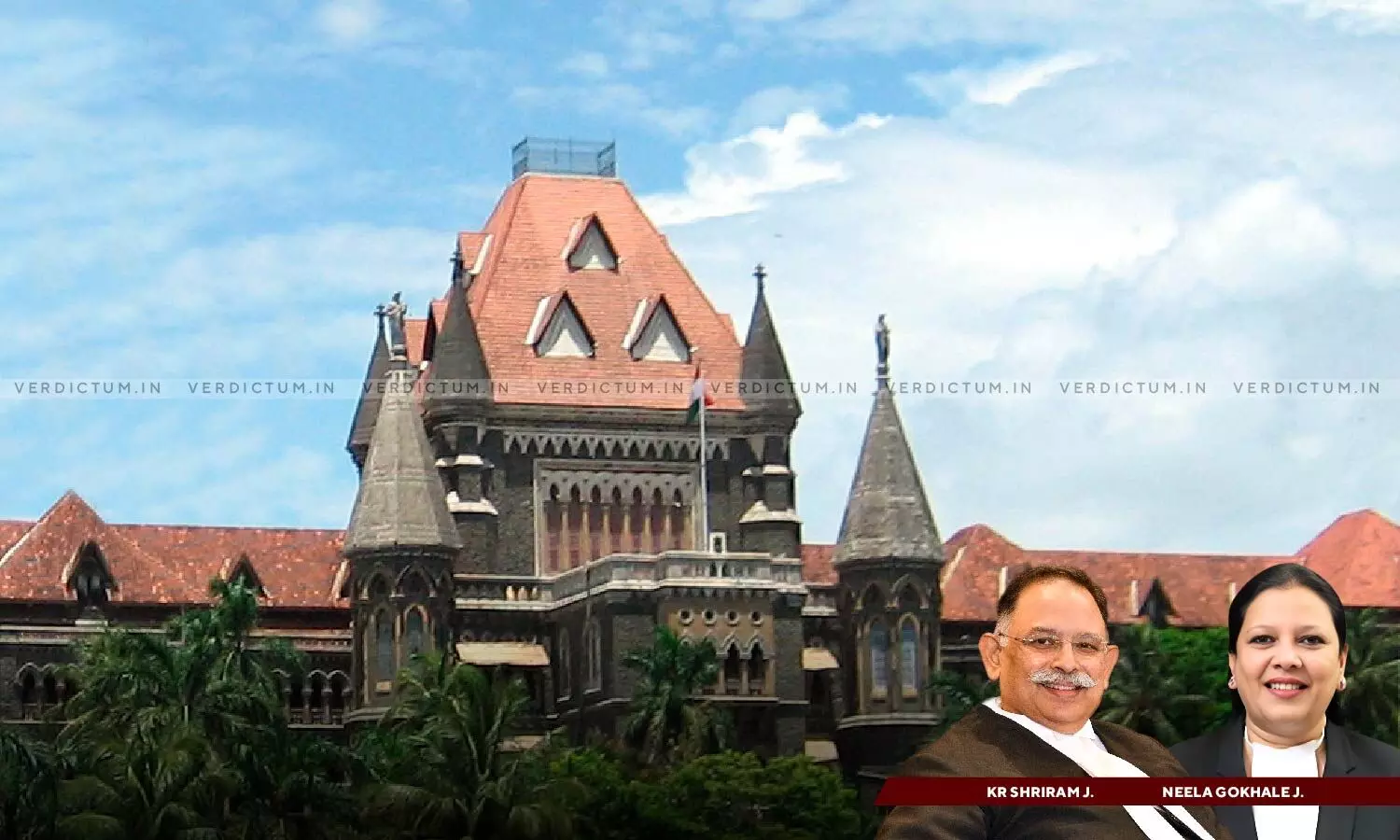
MVAT Act | Intellectual Property Becomes 'Goods' Only When It Is Put On A Medium For Sale: Bombay HC
 |
|The Bombay High Court has clarified that intellectual property can be classified as a 'good' under the Maharashtra Value Added Tax Act only if it is put on a medium for sale.
In that context, the Bench of Justice KR Shriram and Justice Neela Gokhale said that, "Intellect is not the property by itself. It is intellectual property which will become goods once put on a medium for sale. Intellectual property does not exist in the mind of the technician. What exists in his mind is the intellect and using that intellect the technician can create or develop goods. It is those goods which is the intellectual property when put on a medium for sale."
Senior Advocate DB Shroff, along with others, appeared for the appellant, while AGP Himanshu Takke appeared for the State.
The appellant, engaged in software repair and maintenance services, entered an agreement with QAD India Private Limited to provide a team of nine employees for Enterprise Resource Planning (ERP) software services. During a 2009 business audit, the appellant clarified to MVAT authorities that they offered manpower services on a hire basis, emphasizing no copyright creation over QAD's software.
Discrepancies led to a Section 56 application for dispute resolution. The Commissioner of Sales Tax determined the case as falling under Section 2(24) of the MVAT Act, categorizing the appellant's services to QAD as subject to VAT. The appellant argued against this, asserting their services shouldn't be treated as sales under the MVAT Act, and thus, not subject to VAT.
The Court noted that the activity performed by the appellant did not entail any value for the assignment or transfer of any new or upgraded software. In that context, it was said that, "Appellant is engaged merely in providing repair/maintenance and bug fixing services. While undertaking these services, appellant does not make any changes to the source code nor it has any access towards the same. Further, the codes embedded by appellant within the base software is only for bug fixing and maintenance are intended merely to let the ERP software function efficiently as it was designed and originally intended. The codes so embedded are not proprietary and do not having any marketability of their own. It does not upgrade or creates any new module/new version of the software per see".
Holding that there was no saleable medium, the Court held that the agreement was a contract of service and not one of sale. In that context, it was said that "The pith and substance of the contract or true nature of the transaction shows that the contract is a contract for service simplicitor and is not a works contract or composite contract consisting of 2 contracts - one for service and one for sale, but is an indivisible contract for service only. On examination of the contract as a whole, it becomes obvious that the contract is essentially an agreement to render service."
In light of the same, it was held that the agreement between the appellant and QAD is a contract of service and would not be a contract for sale as defined under Section 2(24) of the MVAT Act.
Cause Title: Atos India Private Limited vs The State of Maharashtra
Click here to read/download the Judgment